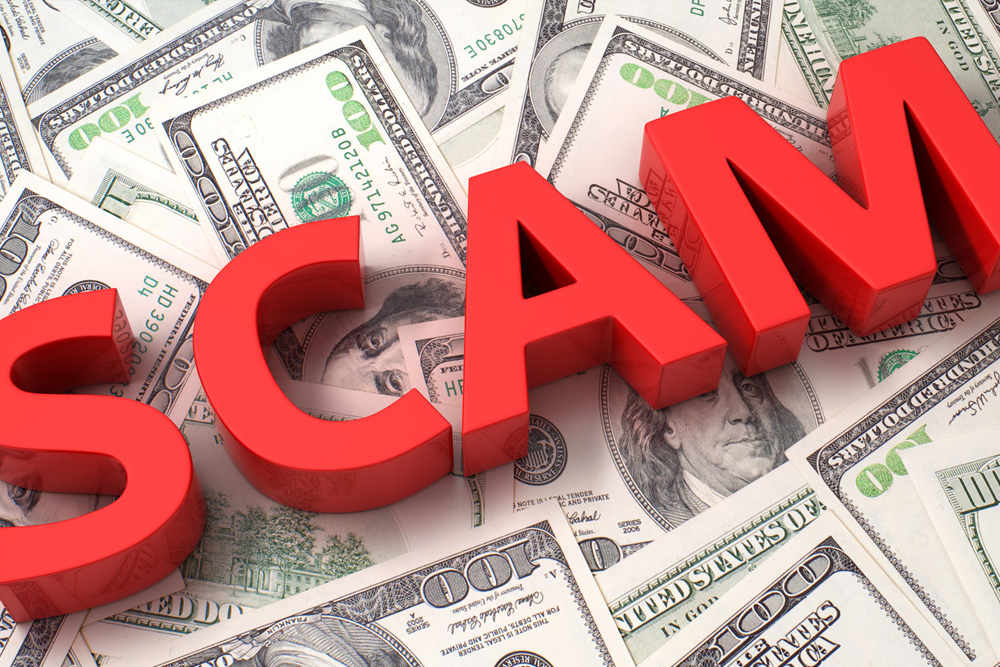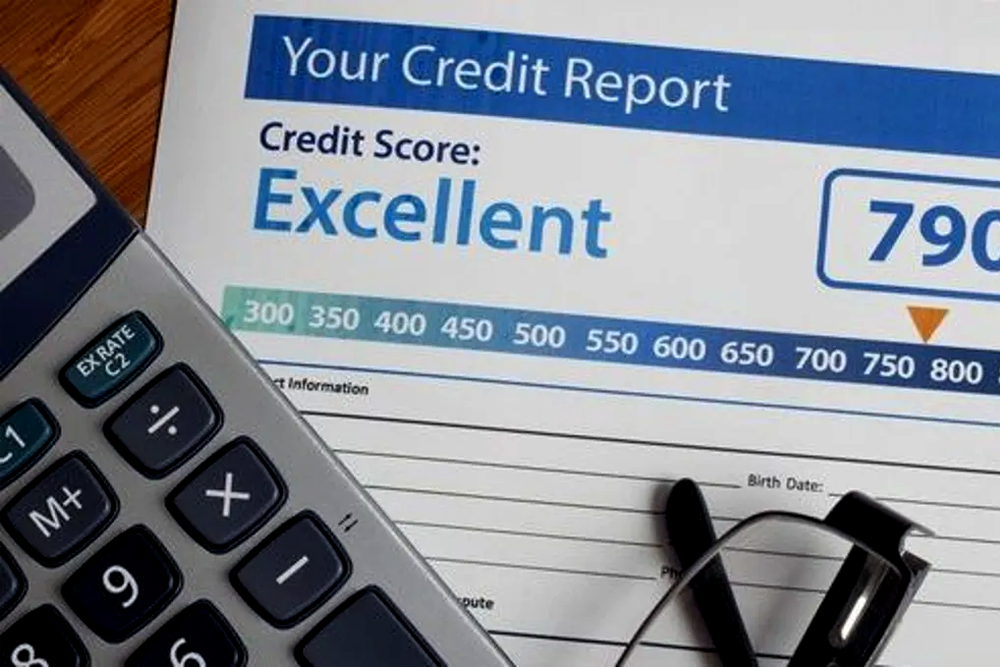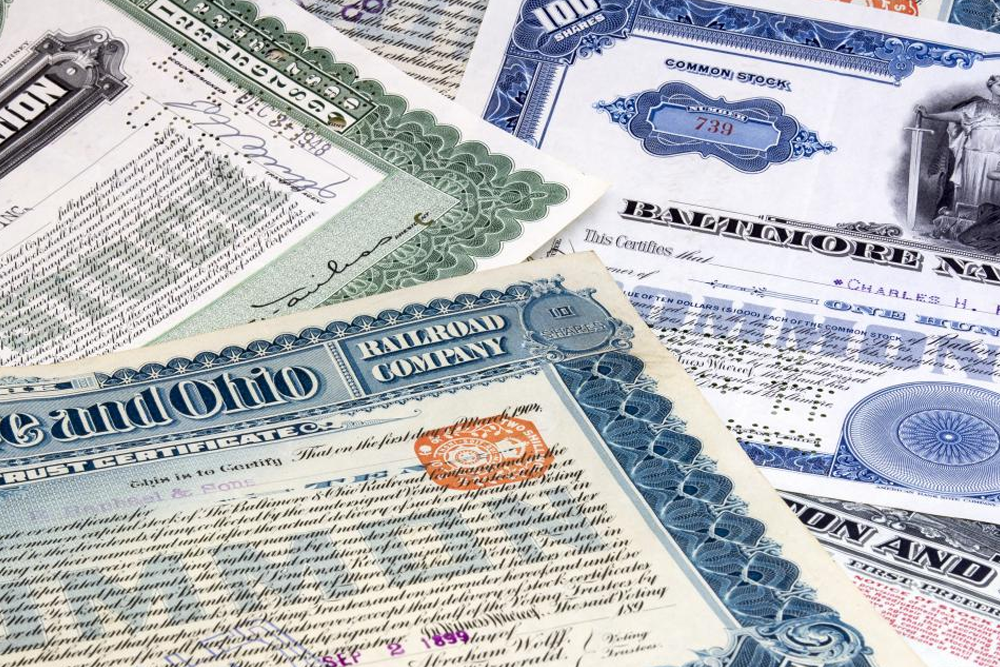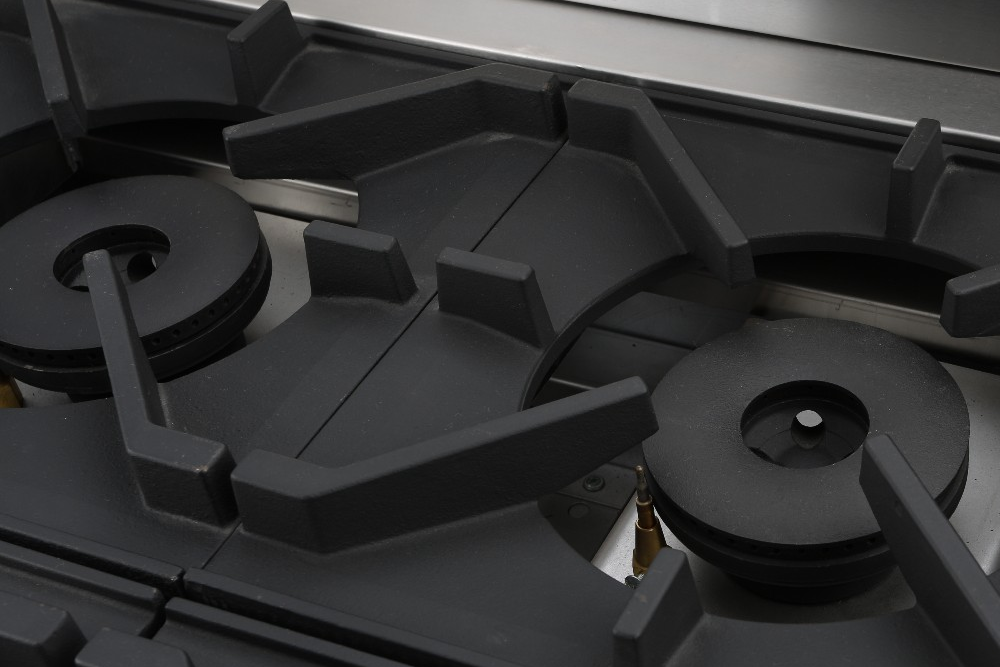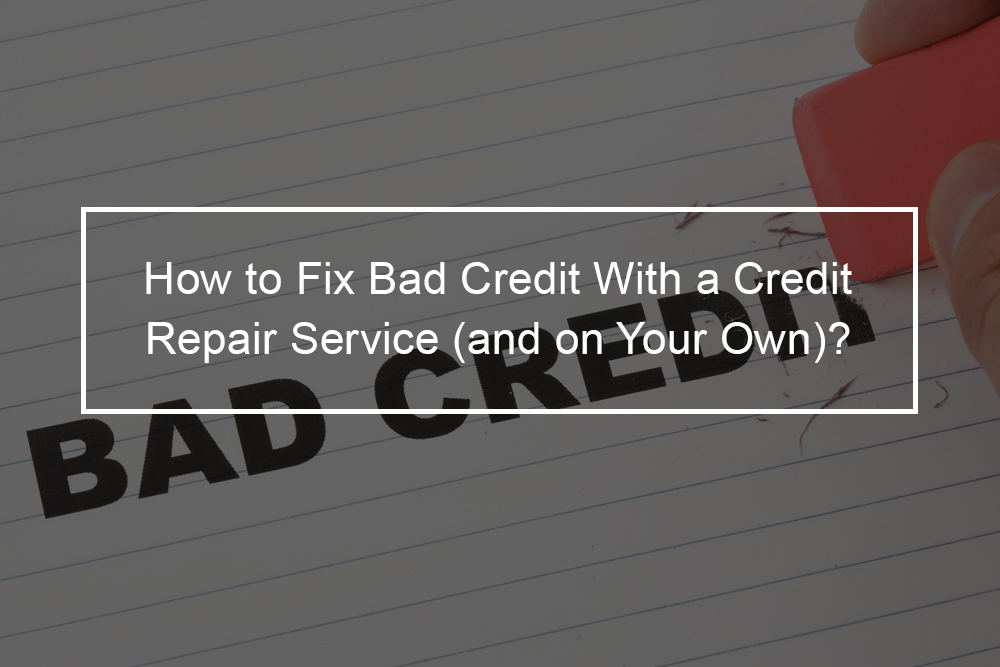
If you find yourself in a financial crisis with a bad credit score or some past negative credit information standing between you and a significant purchase or another life event, credit repair service can be a tempting option.
Typically, there is no harm in just checking it out. Besides, it is just a call, and someone else solves your problems for you. But, when was the last time a stranger for hire solved a complicated financial problem for you.
If you are looking for a credit repair service, it is essential you first proceed with caution. If you jump into the credit repair service, you might find it challenging to extricate yourself if you change your mind.
How do credit repair services work?
A credit repair organization’s main job is to clean up your credit reports, typically helping you ensure everything showing up in your credit history is correct.
You might require credit repair services if you have experienced identity theft or incorrect reporting that has justify negative marks on your credit report for actions you did not take. Credit repair services can:
- Communicate with organizations on your behalf: Asking for validation and requesting multiple reporting agencies to update your credit report could be time-consuming. A credit repair company can manage the back and forth for you.
- Identify mistakes or information that can not be validated: A collection agency, creditor, or reporting agency should be able to prove the credit marks in your name are correct. A credit report organization can assist you in sending a debt verification letter to ask for validation.
It is worth noting that credit repair companies can not guarantee they will raise your credit score- that is never a sure thing. However, this is the aim of eliminating errors from your report. After the bad marks are gone, you should see an improvement in your credit score.
Top 3 Questions to Ask When Hiring a Credit Repair Company
Before you move on to paying a credit company, answer these questions
What is destroying your credit score
Many things can result in bad credit, and a credit repair company can only manage a few of them. It can not assist if your credit is hurting because of the following reasons:
- Current hard inquiries
- Lack of credit history
- High credit utilization
- A record of late payments
As far as the negative marks on your credit report are accurate, that is, they represent your actual behavior, not reporting error or fraud, they are there to stay for seven to ten years, a credit repair company cannot help.
Instead of seeking credit repair, if you are feeling overwhelmed or uncertain where to start boosting your score, look into nonprofit credit counseling for free guidance.
If incorrect marks on your report are dragging your credit score down, a credit repair company can assist you in resolving them for a fee.
Can you repair your credit score yourself?
Remember, you can do everything a credit repair company will do for you- all you have to do is choose if you want to put in the time. In most situations, it is not that much. Here are some moves you can make to start repairing your credit.
Check your credit report
Look into your credit report to understand your credit history better and what creditors can see. If you get inaccurate information, you can file a dispute. Note that items on your credit record that you do not recognize could also be potential indicators of fraudulent activity- somebody working to secure credit in your name for their use. Ensure you are clear on items that can be fraudulent, versus those that might simply be incorrect.
Improve your payment history
Your payment history is one of the essential factors of most FICO scoring models. Missed and late payments will reduce your credit scores, and collections and public records can lead to significant damage. This negative info will stay on your credit record and affect your credit scores for seven to ten years.
Your credit scores usually take into account the size and recency of your debt. The more huge your debt is, and the more current you missed payments are, the worse your credit score will be. Bringing your accounts current and keeping on paying on time will most often have a positive effect on your credit score.
Know your credit utilization rate
Credit scoring models often take into account how much money you owe compared to how much credit you have accessible, known as your credit utilization rate or your balance-to-limit ratio. Typically it is the sum of all your revolving debt (like your credit card balances) divided by the credit accessible to you (or the total of all your credit limits).
Generally, a high credit utilization rate can impact your credit scores negatively. Thus it is a good idea to keep your credit utilization rate below thirty-percent. For instance, if you have a $10,000 credit limit across all of your credit cards, you can try keeping your total credit card balances less than $3,000 to maintain a low credit utilization.
There are two methods you can reduce your credit utilization rate:
- Raise your total accessible credit by increasing your credit limit on an existing account or opening a new credit account.
- Decrease your debt by paying off your account balances
Consider how many credit accounts you have
Credit scoring models consider how much you owe and across how many various accounts. If you have debt across a vast number of accounts, it might be useful to pay off some of the accounts, if you are able. Paying off your debt is the aim of many who have accumulated debt in the past; however, even after you pay the balance down to zero, consider keeping that account open. Keeping paid-off accounts open can be advantageous in your overall credit mix because they are aged accounts in good (paid-off) standing. You might also consider debt consolidation.
Think about your credit history
Credit scoring models, such as those designed by FICO, frequently factor in the age of your oldest account and the standard age of all your accounts, and the reward individuals with longer credit histories. So before you close an account, you might want to consider its credit history. It might be useful to leave the account open after you have paid it off.
But of course, if keeping an account open and having credit accessible can trigger additional debt and spending, it may be beneficial to close the accounts. You are the only one who knows the ins and outs of your financial situation, and they are different for every person. Ensure you carefully evaluate your case; only you understand what can work best for your financial outlook.
Be wary of new credit
Creating various credit accounts in a short period can appear risky to lenders and negatively affect your credit score. Before you open a new credit card account or take out a loan, consider the effects it can have on your credit scores. Be aware too that when you are purchasing a car or searching around for the best mortgage rates, your inquiries might be grouped and counted as only one inquiry for the aim of adding information to your credit report. In most commonly-used scoring models, current inquiries have a bigger impact than older inquiries, and they only appear on your credit record for a maximum of twenty-five months.
Is the credit repair company reputable
After you decide you want to pay for credit repair services, vet companies carefully. You will face a lot of scammers attempting to ray on desperate debtors. Below are red flags that should send you running:
- If a credit company is charging upfront charges: The Federal Trade Commission’s Credit Repair Organizations Act restricts credit repair companies from collecting advance payment. Legitimate organizations typically only collect a fee if they are successful in raising your credit score.
- If the company promises to remove negative marks on your report, even though they are not accurate: You can not get rid of accurate marks from your credit history early. Only inaccurate marks are worth your time and potential money to dispute.
If a credit repair company is free of red flags, read some customer reviews to get a sense of if past clients have found it useful for the kinds of credit issues you face. Even legitimate organizations may simply overpromise or be inefficient for cases such as yours.
Is a credit repair service worth it?
A credit repair company charges for the same thing as other services companies charge for-convenience.
You can manage your credit report and fix your own credit if you want to take the time to send requests for validation and file disputes. Unless your report is oddly riddled with mistakes, this possibly will take much of your time.
If you prefer to spend the time on anything else, a credit repair service might be worth your time. Simply ask yourself the three questions discussed in this post to ensure you get the service you pay for.


